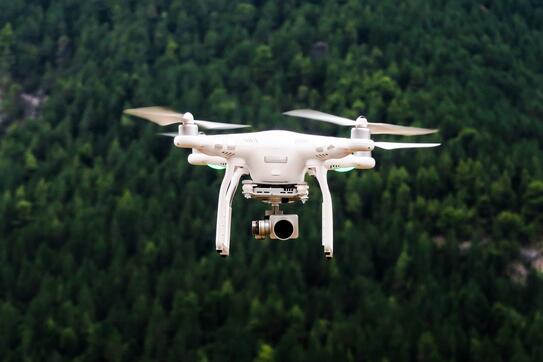New York, NY – In today's dynamic business landscape, emerging industries are reshaping the traditional order. Over the next decade, Artificial Intelligence, self-driving cars, and virtual reality are poised to redefine regulatory norms – joining the ranks of Uber, Airbnb, DoorDash, and other companies entering under-regulated markets. But companies seeking to capitalize on these technologies are facing an uncertain landscape — the contradictory approaches of local, state, and federal government present significant challenges for new or emerging nascent startups. However, recent research by Columbia Business School Professor Lori Yue identifies a unifying approach employed by emerging industries. Through a tactic known as venue shifting, where they strategically choose locations or political landscapes favoring industry-friendly policies, nascent players exploit regulatory gaps to propel their industries forward. This nuanced understanding provides fresh insights into how these industries navigate intricate regulatory landscapes, offering a glimpse into the potential establishment of nascent industries in the future.
In their paper “Policy Learning in Nascent Industries’ Venue Shifting: A Study of the U.S. Small Unmanned Aircraft Systems (UAS) Industry,” published in Business & Society, Columbia Business School Associate Professor Lori Yue and Penn State Smeal College of Business Professor Kate Wang investigated how drone companies employ venue-shifting strategies similar to other emerging industries like rideshare and e-cigarettes. The study focuses on 11 unmanned aircraft system (UAS) trade associations, specifically examining four major associations: Association for Unmanned Vehicle Systems International (AUVSI), Drone Manufacturers Alliance, Small UAS Coalition, and Unmanned Systems Association. The research, covering all 50 states, assessed the number of lobbyists hired by these associations from 2013 to 2019. The findings reveal that as local governments imposed more restrictions on the drone industry, trade associations were more inclined to hire lobbyists to target state legislatures. For every additional ban a city put on drones, the number of lobbyists hired by drone associations at the state level increased by nearly 20%. This inclination was particularly pronounced when there was ideological disagreement between state and local governments. Moreover, the study highlighted a trend where success in lobbying efforts by one nascent industry increased the likelihood of others adopting similar strategies. Drone industry trade associations showed a heightened motivation to invest resources in state-level lobbying when their peers succeeded in advocating for the same deregulatory policies in other states. Lobbyists hired at the state level increased the chance that the restrictive local regulation would be struck down by state preemption.
This research underscores the intricate relationship between technological advancements and regulatory challenges in emerging industries. It suggests that nascent industries, grappling with legal hurdles, can strategically employ venue shifting—exploiting regulatory ambiguities—to navigate and potentially enhance their regulatory freedom. The study highlights the importance of understanding how industries strategically interact with regulatory environments, paving the way for future research to delve deeper into the dynamics of venue shifting and its implications for regulatory landscapes in rapidly evolving technological sectors.
To learn more about cutting-edge research being conducted, please visit Columbia Business School.
###


